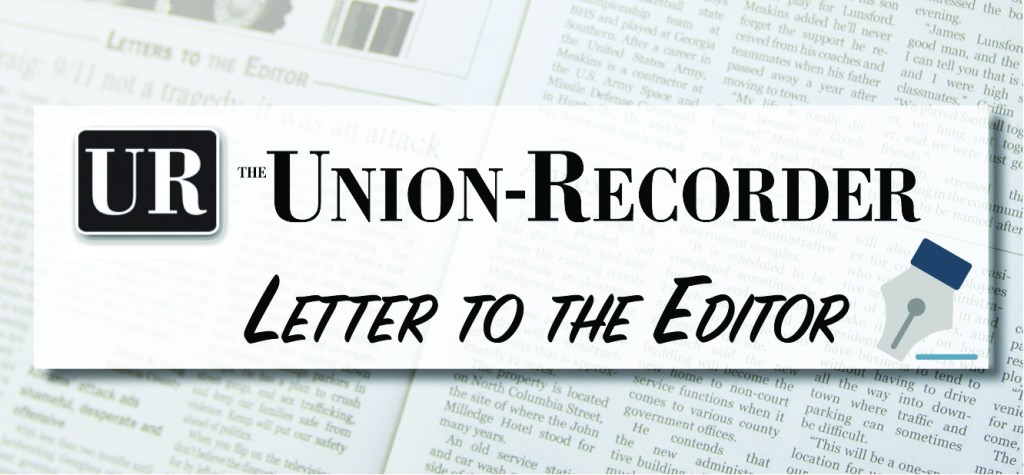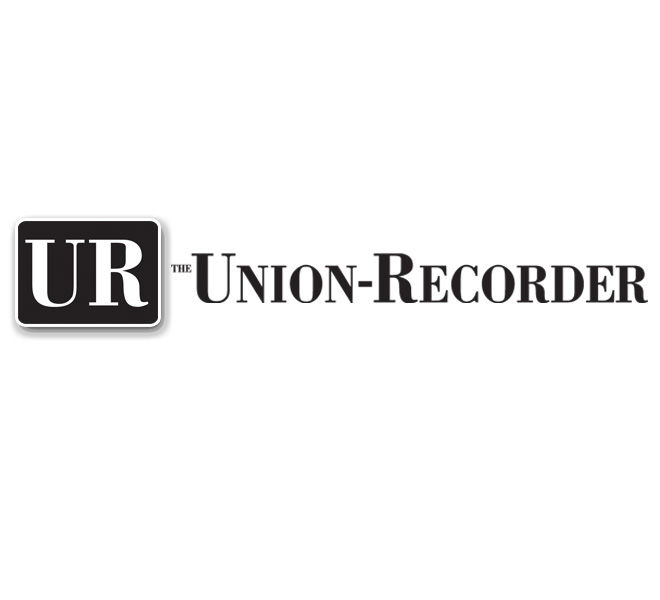SALADIN: Student loan forgiveness misconceptions
Published 11:00 am Tuesday, September 13, 2022

- Letter to the Editor
One is that money the state or federal government spends on college education is repaid to the public treasury many times over, by those very same students. It does not come out of taxpayer’s pockets.
Trending
I’m looking at U.S. Bureau of Labor Statistics data for 2018 — a year I chose to pre-date the COVID impact. The BLS reports that the average annual income for those with only a high-school education was then $37,024, whereas the average for those with a bachelor’s degree was $60,996. Think of what this means for how much income tax college graduates pay into the state and federal treasuries, as opposed to those without degrees.
My own case is an example. I came from a very low-income family that encouraged me to seek a blue-collar job because college seemed unaffordable, “not for people like us.” Wanting to be a biologist, I applied to college anyway. It was a long shot. I was breathlessly happy to open the mail one day and see I had been awarded four years of aid in the form of a federal grant, student loans, and campus employment. My dream was possible. Because of the degrees I was therefore able to earn, I pay far more in income taxes every year than the total four years of grants and loans I received as a student.
Furthermore, those with bachelor’s degrees had a 2.5% unemployment rate, whereas 4.6% of those with only high-school diplomas were unemployed. College graduates not only pay far more into the tax base, but demand far less from it in unemployment benefits. That’s not to mention other costly correlates of unemployment such as crime rate.
A third point overlooked is that students these days are outrageously victimized by predatory lenders. College graduates can pay hundreds of dollars a month on their student debt for years, only to find their balance less than $100 lower that it was at the start, and in some cases even higher, because of the exhorbitant interest rate. We absolutely must do away with this deplorable obstacle to higher education. This practice is a great shame on our nation. Debt forgiveness is a start, but the deeper solution seems to lie in statutory curbs on these predatory lenders.
There is probably no better investment a government can make than in the education of its citizenry, not just in intangible benefits of an intelligent workforce but in hard dollars and cents paid back into the government. Financial aid, debt forgiveness, and reining in predatory lending to students who aspire to better, more remunerative careers, seem utterly imperative. I commend President Biden for a decisive step forward in this matter.
Kenneth Saladin
Trending
Milledgeville





